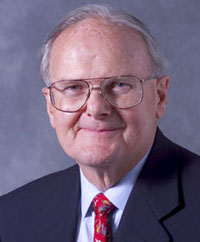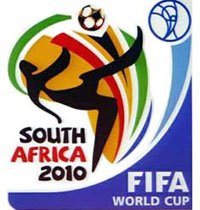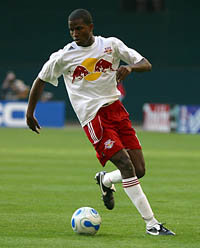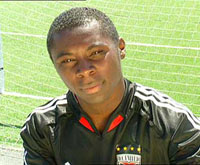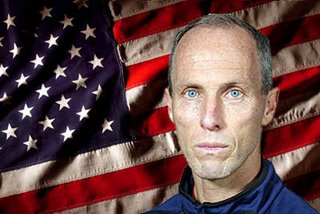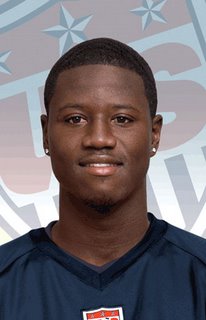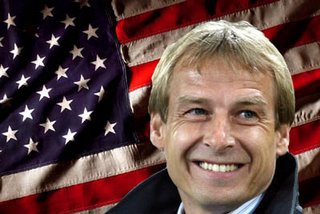Steve Davis has a
new article out talking about how US President Sunil Gulati was right not to rush a choice in selecting a new coach. He spends a lot of time talking about how Gulati should not be vilified for not giving everything to Klinsmann, while also noting that none of us know what it is that Klinsmann wanted (although he does speculate).
Interestingly enough, Davis defends Gulati by saying that we don't know what happened, but then attacks Klinsmann even though we don't know what happened.
"Then again, at some point, any candidate must show that he really, truly wants the job and is willing to bend a bit to prove it. In absence of that, well, the pursuer must cut his losses and move on."
How does Davis know that Klinsmann wasn't bending? Simply put, he doesn't.
What if Klinsmann was willing to compromise on a number of things but really wanted one thing because he didn't think he would be successful without it? Is Klinsmann being unreasonable to request the thing he needs to do the job or is Gulati being a fool for not giving it to him?
I want to stress that maybe that is not what happened. Maybe Klinsmann would not budge on a number of things or maybe Gulati just wanted to show the German who was in charge. I don't know and neither does Davis, but he still feels free to write about Klinsmann being the problem.
But really, that is not the biggest issue I take with this article.
Towards the end he talks about how hiring a 'caretaker' is not really a problem because "What, really, can a national team boss do in November 2006 that he can't do in November 2007?"
Seriously?
I don't know, the first think that pops to mind is play in the 2007 Gold Cup and Copa America (which Davis does note). This is a great place to try out some new tactics against quality teams (something that we probably will not have as much access to in 2008). It is also a time to build the team's dynamic. Let players and coaches get to know each other in order to reduce the confusion down the road.
The year will also allow the coach to scout the U-20 World Cup for talent and give him and his team an extra year to put whatever training and development tactics they want into place for the senior and youth teams.
But it is not just current US players of all ages the coach has to look at, he also needs to look to some of the smaller leagues in Europe as well as college and high school players here in the states.
In Europe, club's youth academies help national managers find young talent, but we don't really have that in place at the moment. Add that to the fact that it is difficult to actually view most youth matches due to the lack of TV or news coverage and you can see how every moment counts.
But let's step back a moment and look at this with a wide view lens. How often do you hear a coach in any sport complain about having too much time to prepare his team?
For the US men, taking away a year is taking away a third of the time any coach has to get the team ready for World Cup qualifying. That is not nothing.
Davis does make some good points on other subjects in his article and it is nice to see someone not blame Gulati for the coaching mess (even if I don't fully agree), but his idea about what difference does a year make is just ridiculous. As proof, I turn to
US President Sunil Gulati (from Oct 9, 2006):
"If we do this right, we will name a coach and that will be our coach to the World Cup and who knows beyond that."
Since they named in interim coach, doesn't that mean something went wrong?
Labels: US MNT
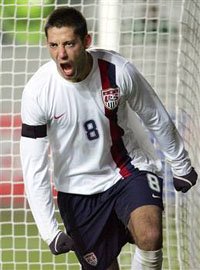 Fulham is looking to add to their list of Americans with a $2.9 million transfer offer for New England Revolution midfielder Clint Dempsey. Thankfully, it looks like MLS will do the right thing and accept it. That means as long as he gets a work permit, Dempsey will finally get his chance to play in Europe.
Fulham is looking to add to their list of Americans with a $2.9 million transfer offer for New England Revolution midfielder Clint Dempsey. Thankfully, it looks like MLS will do the right thing and accept it. That means as long as he gets a work permit, Dempsey will finally get his chance to play in Europe. 
